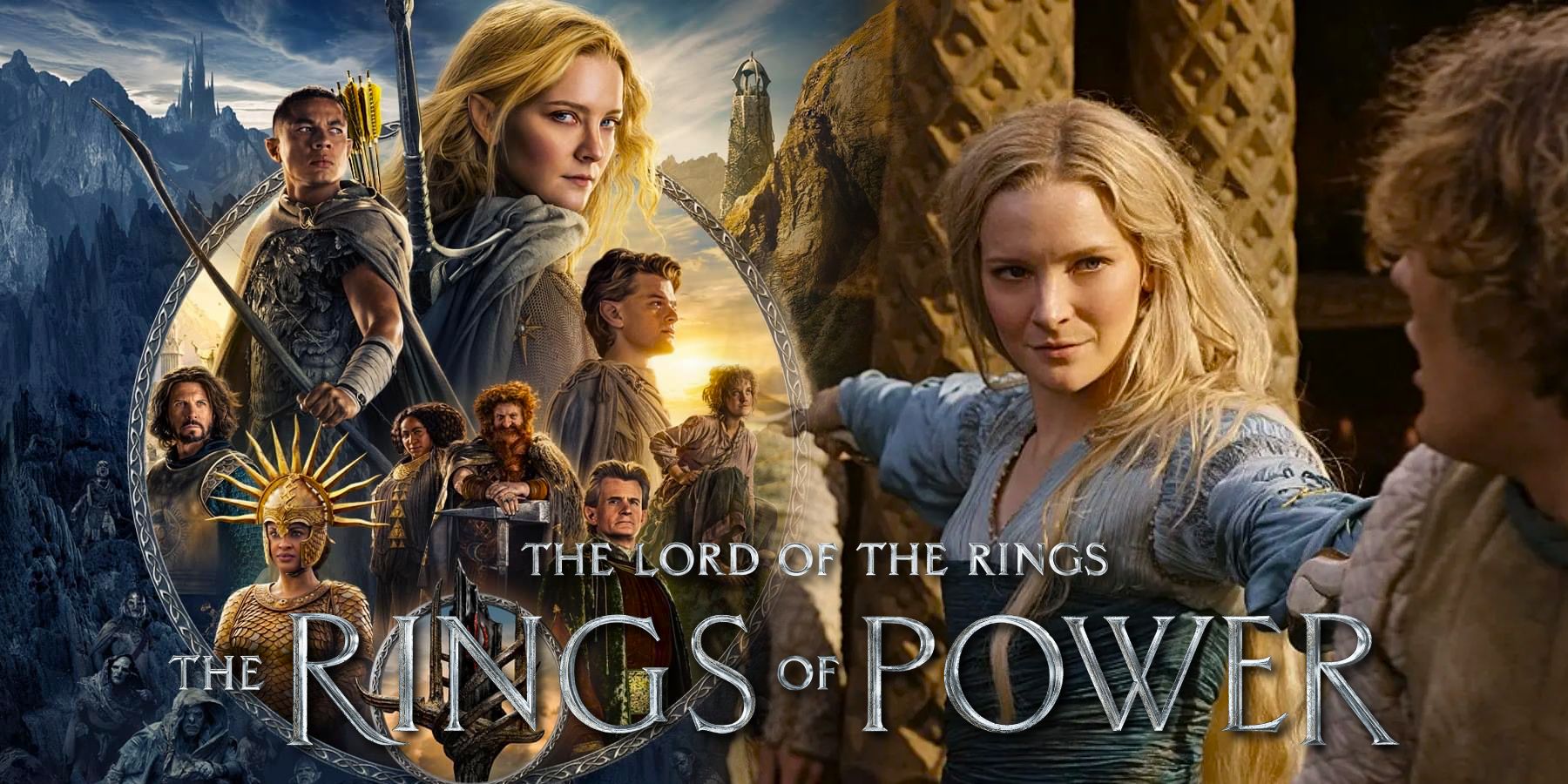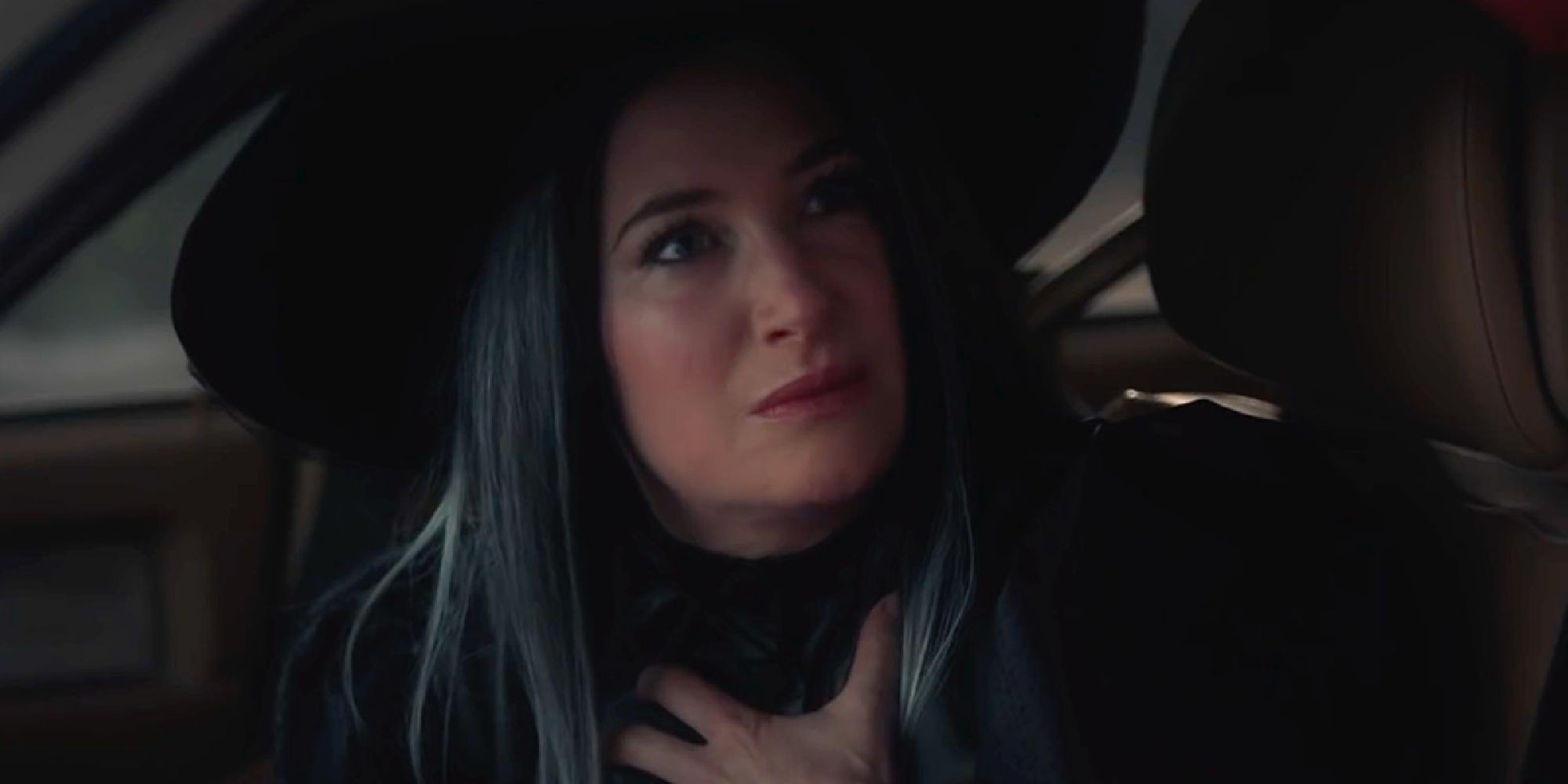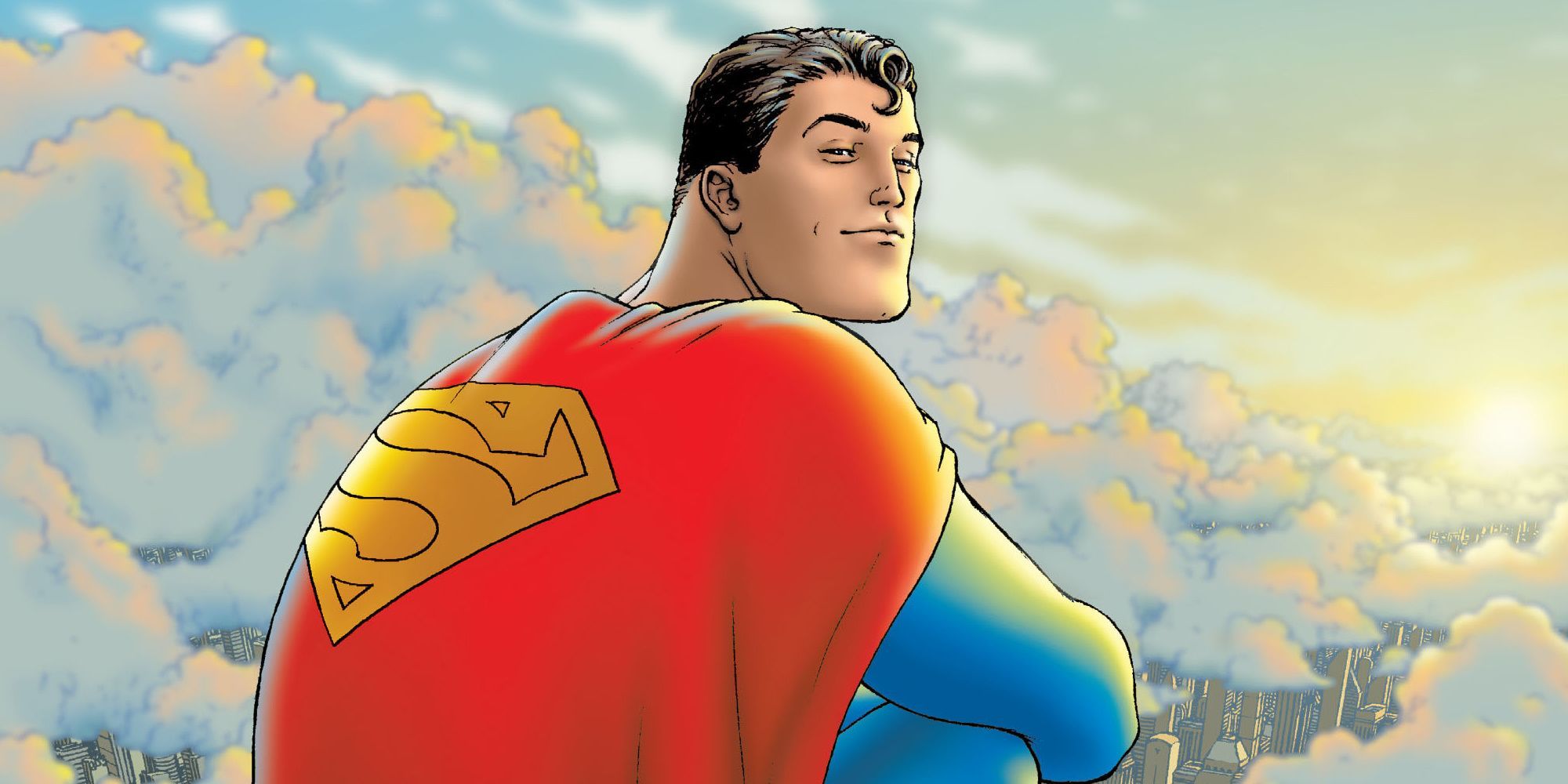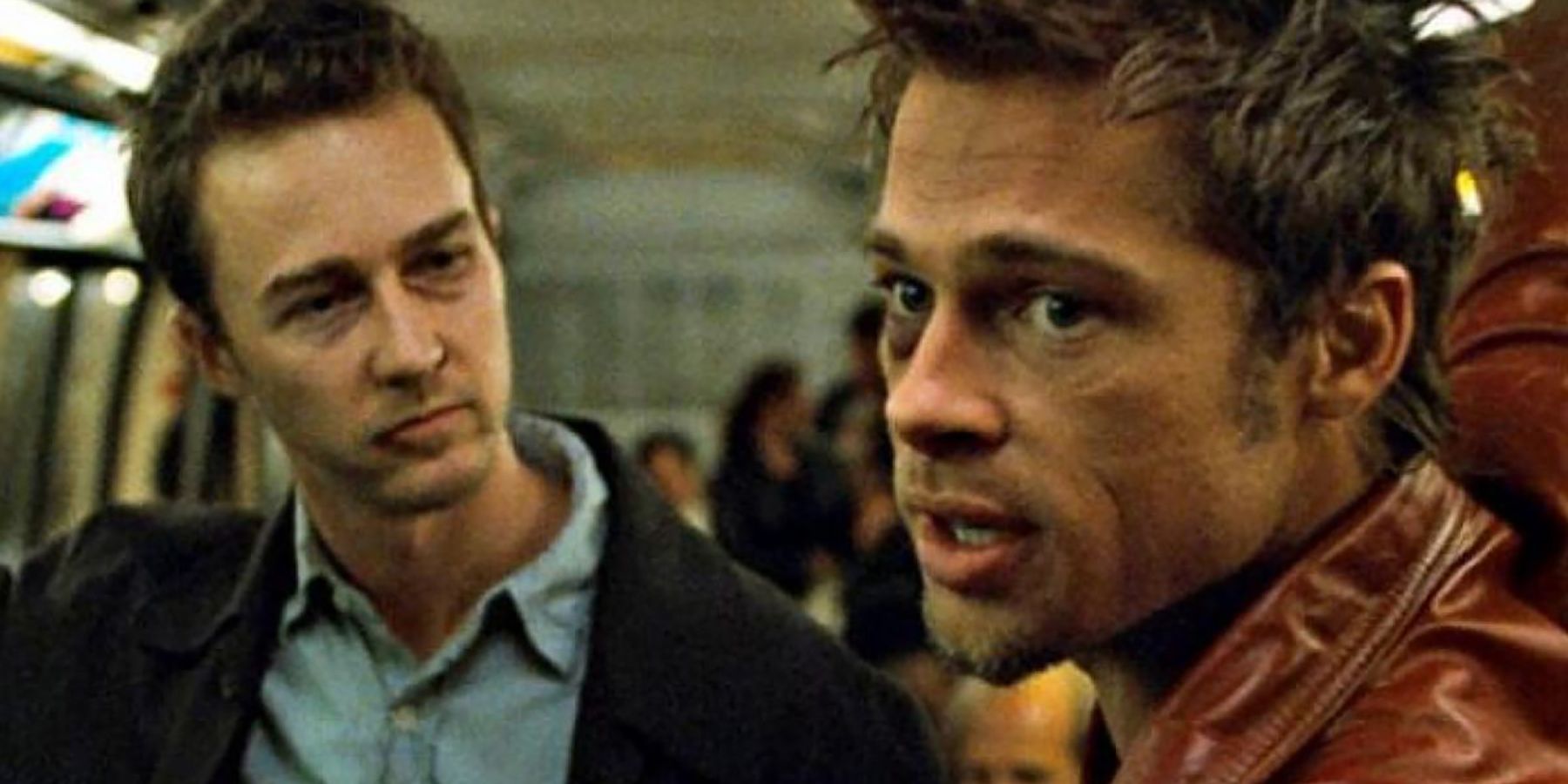The author behind the novel from which David Fincher's highly discussed film Fight Club drew inspiration, Chuck Palahniuk, commented on the reported news that China had drastically changed the ending of the original 1999 film. After more than two decades since the film's release, the decision was made due to local censorship rules, highlighting the authorities as victors in the brand-new ending.
The original ending of 20th Century's Fight Club, starring Brad Pitt, Edward Norton, and Helena Bonham Carter, left audiences in shock when it officially debuted in theaters. The narrator, Norton, realizes that Pitt's persuasive Tyler Durden is his alter ego, which prompts him to kill the character off because of his malicious actions. Afterward, an injured Norton watches explosions erupt throughout the city, indicating that the plan issued by his subversive alter ego had begun to unfold. While entertaining, this chaotic ending proved to be an issue for China, whose censorship rules indicate that criminals must be disciplined on-screen to reestablish the tranquility of society.
To meet their guidelines, China erased the chaotic ending and replaced it with a black screen with text informing viewers that the police thwarted the plot hatched by Durden, who was then sent to a "lunatic asylum" and discharged in 2012. The reported news of the alternate Fight Club ending sparked outrage among many over the Chinese government's need to censor the film's content, but while speaking with TMZ, Palahniuk indicated that the Chinese ending aligns more closely with how his novel concluded. "The irony is that the way the Chinese have changed it is they've aligned the ending almost exactly with the ending of the book, as opposed to Fincher's ending, which was the more spectacular visual ending," stated Palahniuk. "So, in a way, the Chinese brought the movie back to the book a little bit."
In Palahniuk's original novel, the formulated plan fails, resulting in the hospitalization of Norton's character in a mental institution. Palahniuk doesn't believe that the Chinese government intended to stay true to the original ending, highlighting that the authorities played no part in the plans failure in the novel. He does, however, believe they tried to find a happy medium to satisfy their censorship rules, which just happened to walk more in line with his original vision. What's comical about the outrage, as Palahniuk points out, is the fact that he has been dealing with censorship issues in the United States as well. "What I find really interesting is that my books are heavily banned throughout the U.S. The Texas prison system refuses to carry my books in their libraries. A lot of public schools and most private schools refuse to carry my books. But it's only an issue once China changes the end of a movie? I've been putting up with book banning for a long time."
It's easy to cast judgment on the Chinese government for the decision to censor the film, but it doesn't feel sincere when Palahniuk's material faces a similar treatment in select parts across the United States. On top of his material being banned and edited in theaters, Palahniuk also indicated in the TMZ interview that publishers overseas had taken it upon themselves to change his novel's ending so that it aligns more closely with the ending of Fincher's film.
It's easy to sympathize with any frustrations Palahniuk may feel, but he seems to roll with the punches, having dealt with revisions to his work for over 25-years. Outrage is undoubtedly present within admires of the emblematic Fight Club, but it's hard for a man who has seen the obstacles his material has had to overcome care as heavily, especially when the change aligns more with the ending that story initially had.
Fight Club is available to stream on Amazon Prime Video.
Source: TMZ





-1.jpg)